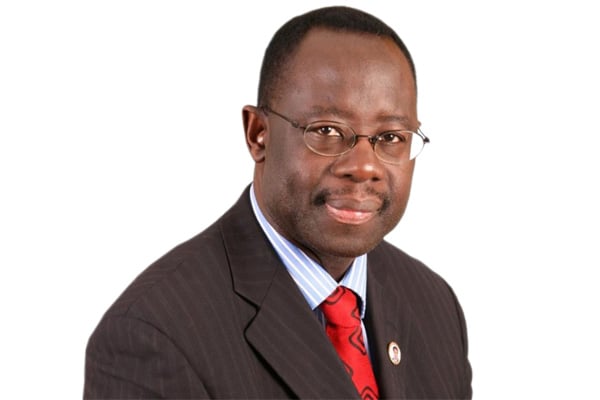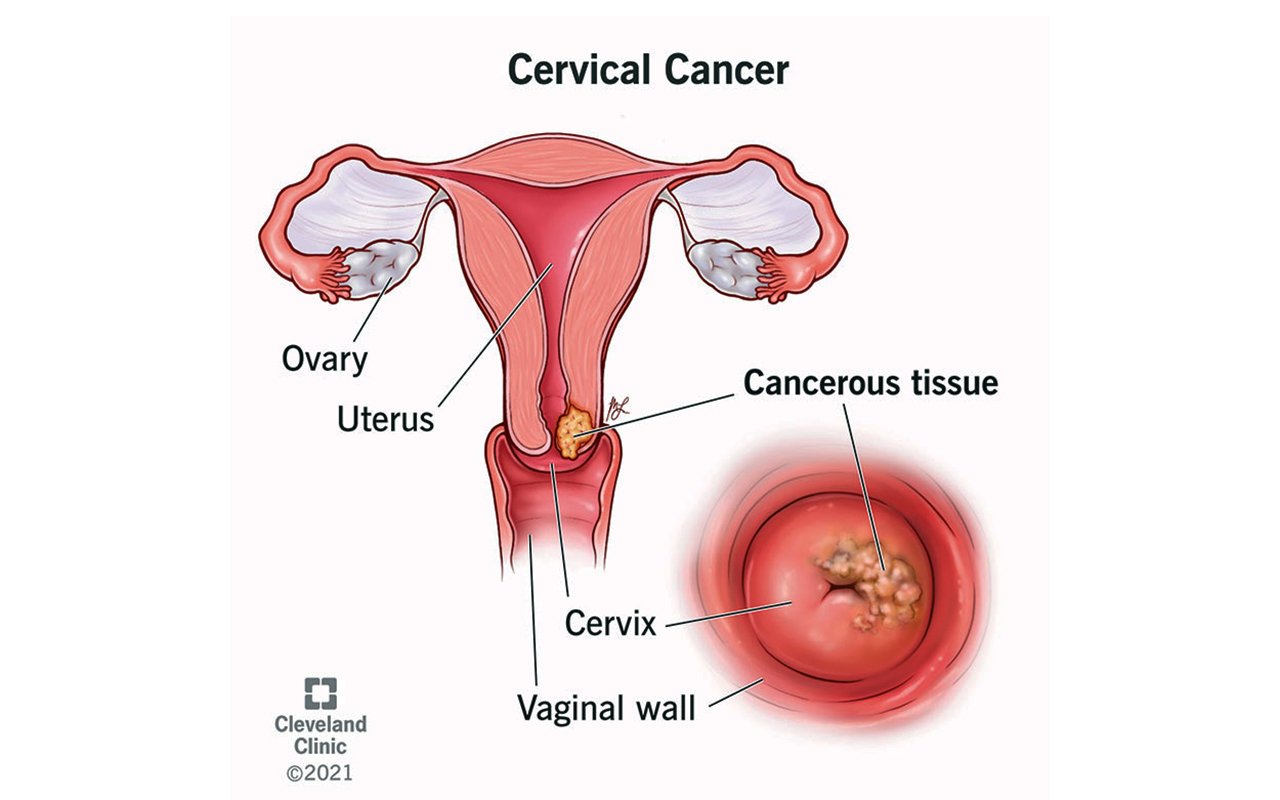Prime
Computation and politics in Uganda

Author: Joseph Ochieno.
What you need to know:
- The farce in Buganda for the 1961 elections were such that in at least nine constituencies contested by 18 candidates, less than 1,000 votes were cast in total for all candidates.
The year 2022 seem to have started in style, politically. Already, a magistrate’s order to arraign a young man in court has been ignored and, discussions are in full swing on a possible (yet again) constitutional amendment to abolish direct presidential elections.
Looking back, history is interesting. The first direct elections under universal adult suffrage were held in 1958 for the then Legislative Assembly (Legco). Interestingly at the time, the colonial government decreed that elections could only be held in districts that “wanted them”, meaning in those that did not wish to, no elections took place. While Uganda Peoples Congress (UPC) took this matter as a political campaign programme, the Buganda Lukiiko decided against it.
In 1961, therefore, elections in Buganda were a farce as the directives of the Lukiiko (parliament) was overwhelmingly obeyed. According to the British elections supervisor, while registration was between 75 percent and 85 percent outside Buganda, in the 24 electoral districts in Buganda only 36,000 voters (about five percent) registered.
While both UPC and DP campaigned against the boycott and whereas DP took the view that the low registration represented a ‘defeat’ for Mengo, UPC held that these are matters of national unity, security, integrity, basic rights and instead that Mengo must be pressured and persuaded to review otherwise.
The farce in Buganda for the 1961 elections were such that in at least nine constituencies contested by 18 candidates, less than 1,000 votes were cast in total for all candidates. For instance, in the constituency for former DP leader Paul Ssemogerere, a total of 358 votes were cast for both Ssemogerere and his opponent. In no constituency in Buganda did the total number of votes reach 2,000, but worse; there were two other constituencies where DP won with 132 and 133 votes respectively for all candidates.
While this maintained, UPC was determined to keep the pace. Mengo activists continued hostile campaigns against political parties (UPC and DP), alleging that the supporters of the two parties were undermining the authority of the Kabaka. The unspoken word then – and mildly today – is the position of Buganda in independent Uganda. The difference is that UPC kept engaging Mengo through Abu Mayanja and directly with Sir Edward Muteesa until the matters were somehow resolved with a form of federal status for Buganda.
As part of the independence agreement in London, Ben Kiwanuka would become Chief Minister on March 1, 1962, and fresh elections were to be held in April 1962. Immediately after this, DP joined the bandwagon of seeking to restrict registration by arguing that the April elections in Buganda be held on the electoral registers of 1960, which had less than 40,000 voters! This deadlock was broken when the portfolio to conduct elections was transferred to the British governor, from the Chief Minister.
UPC solidified the campaign and consensus discourse with Mengo, persuading them release the power of the ballot directly to individual citizens. The outcome was that 805,647 registered to vote in Buganda, up from 36,006. UPC had never been given credit for persuading Mengo to surrender the power of the ballot in such extraordinary numbers. Of note is that it did not matter whether the voters so liberated in Buganda were likely to support UPC or not nor was it opportunistic but rather, it was the responsible thing to do. That is leadership, call it statehood.
Now that we have gone full circle one wonders; what primarily were the purposes of constituting the Constituency Assembly in 1993 except to window dress, sort out CVs for a few people and make money off the meagre national till? What – if the next constitutional ‘amendments’ are made – remains in the 1995 NRA/NRM Constitution that would not have been mere amendments of the 1962 or 1967 Constitutions? For term and age limits you saw; but now, decide.
The writer is a pan-Africanist and former columnist with New African Magazine




